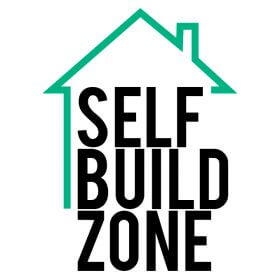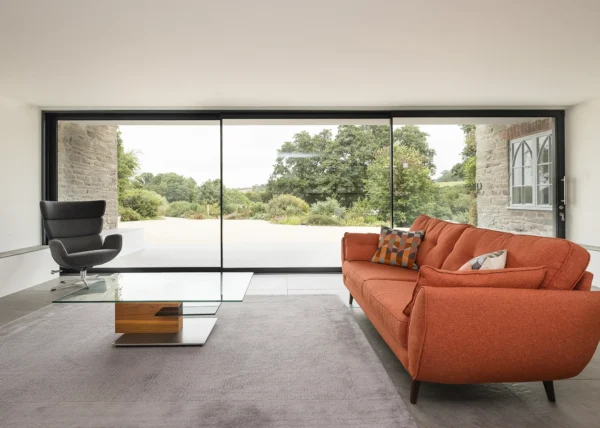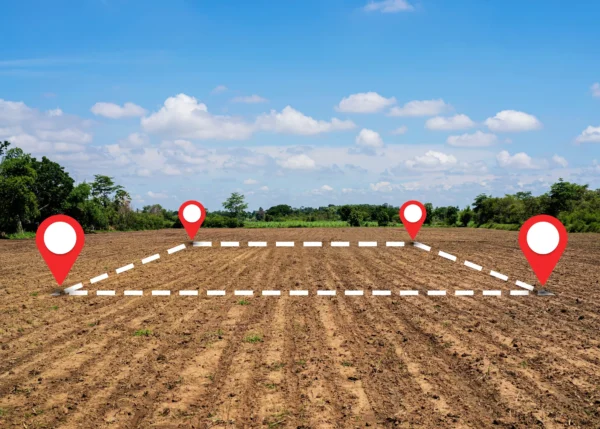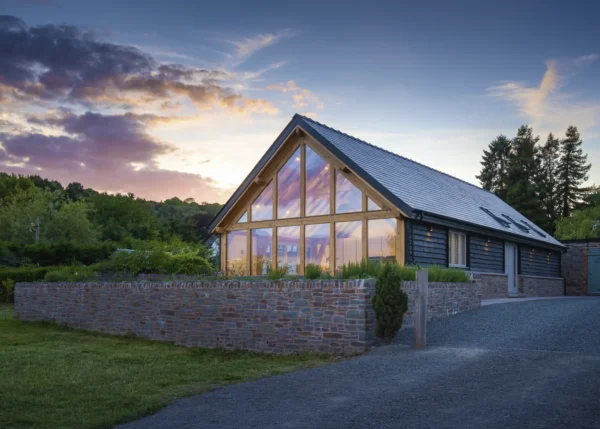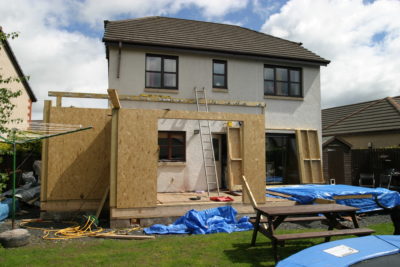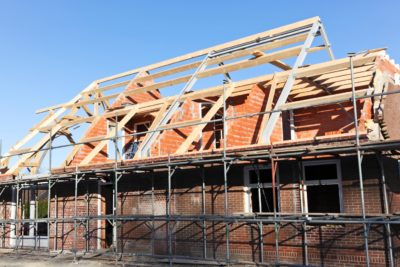Protecting Your Project During the Coronavirus Crisis
Construction always has a key role to play in leading us out of recession and other difficult times. But even with the government encouraging trades to go back to work from mid-May, it’s still a tough task to coordinate suppliers and installers at the moment.
Not to mention there might be various other reasons you can’t move your build forward. So if nobody’s on site, how do you keep your project safe and secure?
Get covered
There’s little issue with leaving blank plots unattended: as long as you have at least public liability insurance on the site and have put up suitable perimeter security, you’ll be covered.
For those with a project underway and no trades on site, a good insurance policy should give some protection if something goes wrong. But even then, you still need to be aware that insurers will expect you to demonstrate a duty of care to them.
If you’re undertaking or hope to start a renovation or extension project, there are two key aspects for which you need to ensure you have the correct cover: (a) the existing buildings being altered or extended; and (b) the new works. Both can be covered by a bespoke site insurance policy, but some policies may restrict cover on the existing dwelling.
If you’re spending a substantial sum on your project, you might also want to arrange a 10-year structural warranty on the new works. You may need this for future buyers, as their lender could ask for evidence the work is protected. With the economic climate we’re likely to be entering, this could become very relevant, as lenders will want to take more of a belt-and-braces approach, with access to finance becoming harder and loan-to-values changing.
Securing a live build
Prevention is always better than cure. So, if your project is already underway but you can’t move forward, the first step is to secure the site and everything on it. Or, better still, where possible take items away and store them somewhere safe (along with returning hired tools and plant). In times of hardship and unemployment, there are those who would do anything to earn some cash.
Ensure entrances and openings are made secure, site containers locked and alarms set. Remove ladders or padlock them down to something immoveable. To minimise any risk of arson, take away any fuel lying around, too. And if you don’t live nearby (ie within earshot) then tell the police that you have an unattended building site.
If something does happen, it may take longer than usual to get claims settled, as fewer loss adjusters are working. The interrupted supply chain will also make it more difficult to source replacement products.
With the current restrictions on movement and distancing rules, you need to think ahead – particularly when it comes to things like organising site inspections for building control (for which you are responsibile) or warranty technical audits.
Communication is crucial. Do you have all the information you need to achieve completion from a building control point of view? You need to know lead-in times for inspections, for example, and details of how surveys will be carried out.
Then there are the technical audit requirements for warranties. Surveyors have to be careful to make sure that they have adequate insurance to cover their professional risks when carrying out technical audit work. Any changes in working practices should be agreed by all parties concerned.
Dealing with long delays
Site insurance policies will probably have a clause regarding cessation of works, making it your responsibility to notify your insurer if no works are being undertaken for a prolonged period (usually 60 days).
This may affect the amount and scope of cover insurers are prepared to grant, given the site is not being checked or worked on. Read over your policy and make sure you get in touch in good time.
If your project is under construction, but not yet wind and watertight, and will now be left vacant for a long time, your warranty provider will want to know. You or they may wish to conduct an additional survey before work restarts, to ensure the project has not been prejudiced by, say, having open wall cavities during periods of inclement weather.
It’s worth keeping digitally dated photographic records, ideally before and after lockdown.
Lenders and warranty providers often require you to declare your build timings as part of your agreement. So, you could run into issues if delays are prolonged. Check through the details you supplied and, should there be an issue, get in touch as early as possible.
Finally, keep detailed diary notes and photos of progress and stoppages, as well as what materials etc are on site, just in case. It all helps if there are problems further down the line.
|
Paul Kempton is managing director of insurance and warranty specialist Self-Build Zone. He has many years’ experience looking after projects of all sizes, including high net worth and high risk clients where security is paramount. |

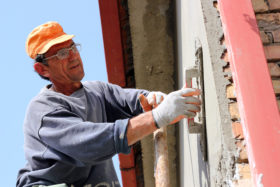


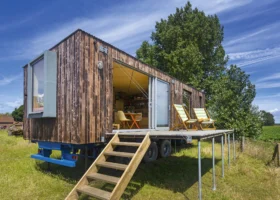
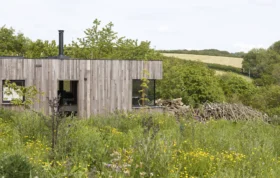
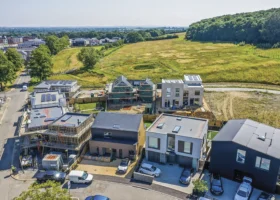
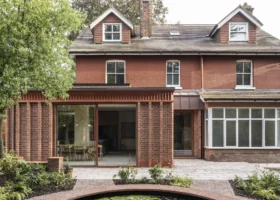
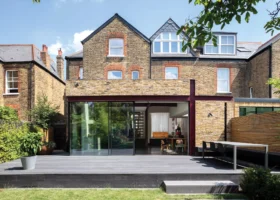




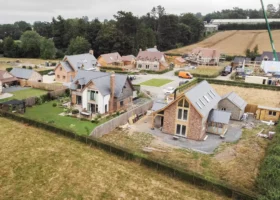

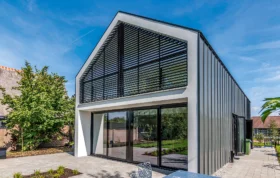

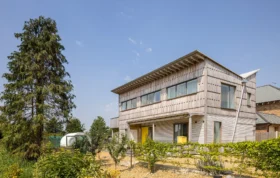
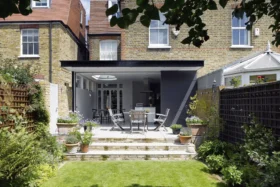
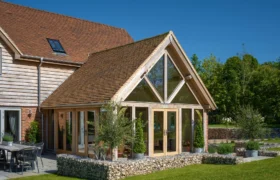



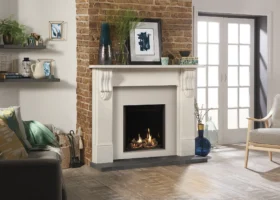

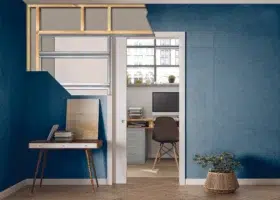









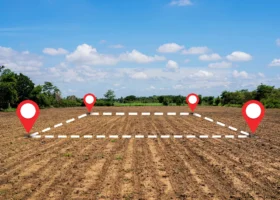
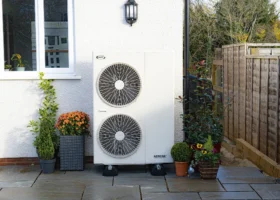

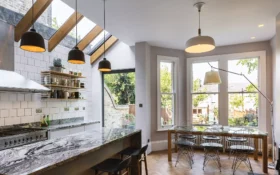


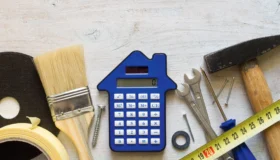

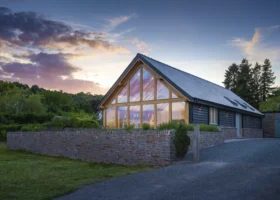
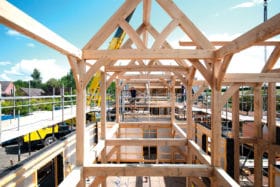
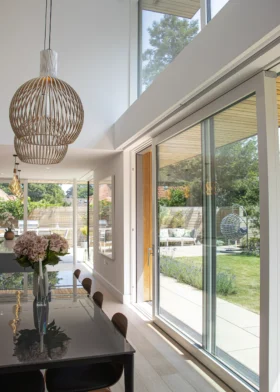
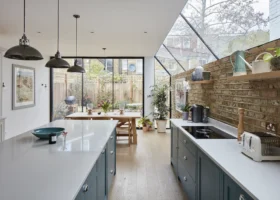




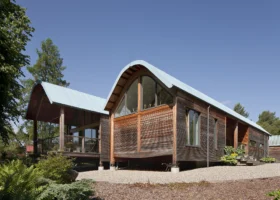

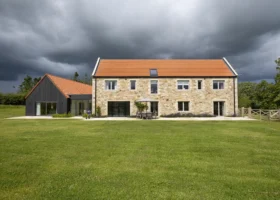
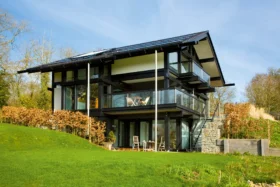


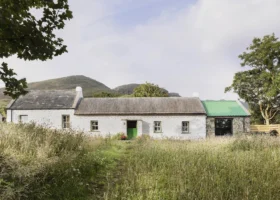
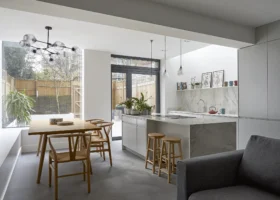

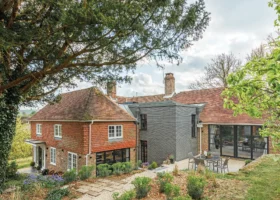
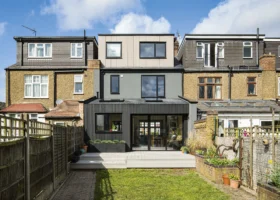
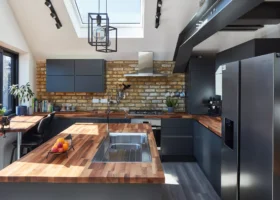
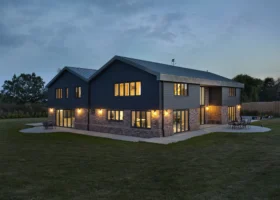
















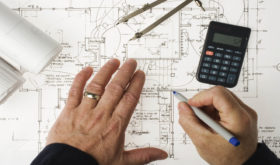





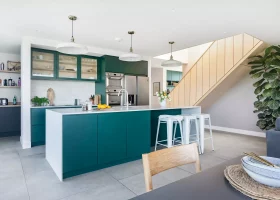











 Login/register to save Article for later
Login/register to save Article for later
